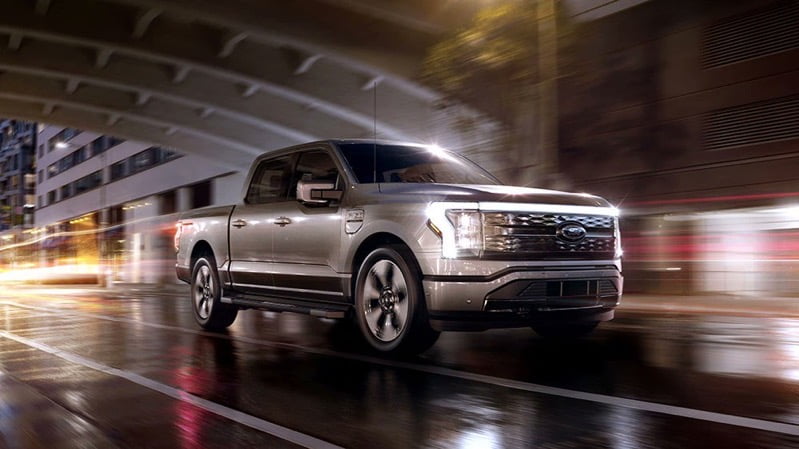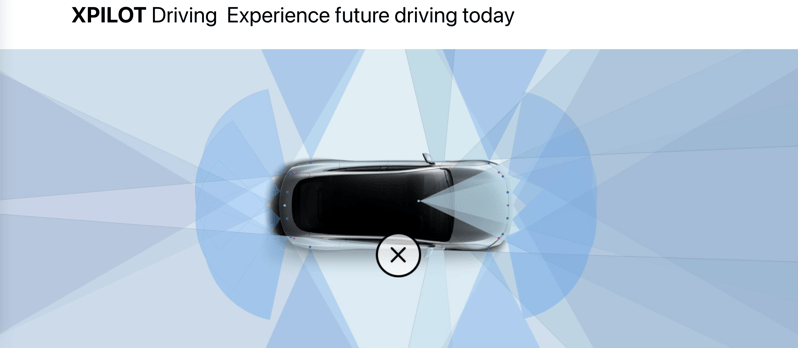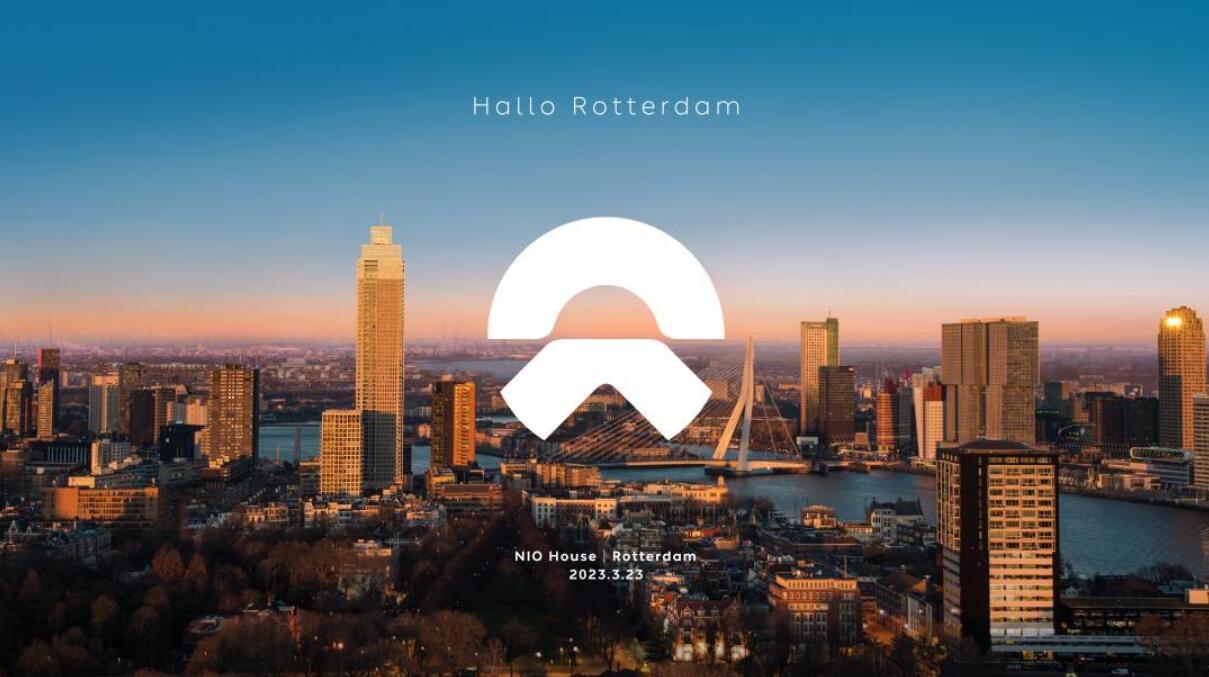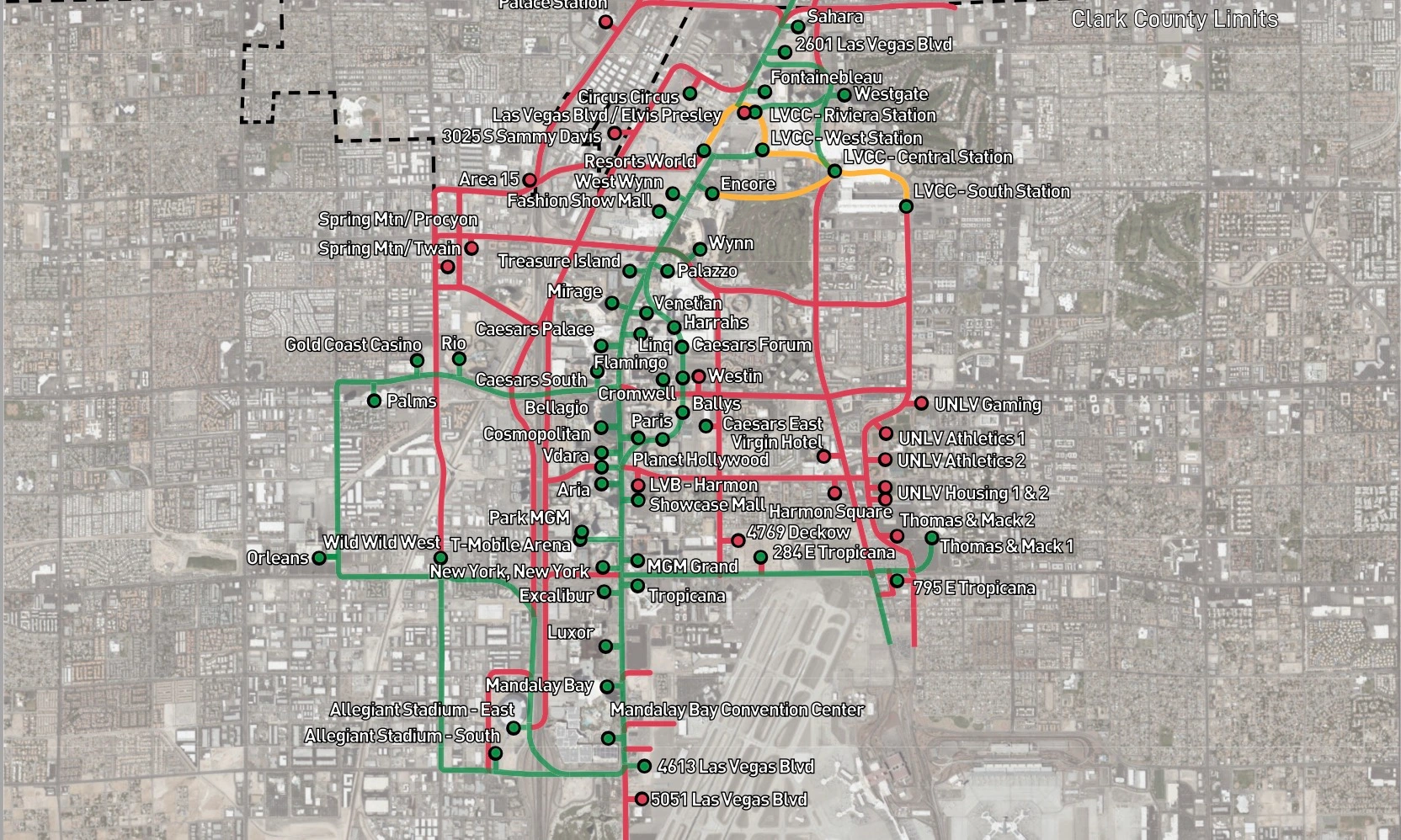
Xpeng to Use LiDAR from Livox for 2021 Production Model

Chinese smart electric vehicle (EV) maker Xpeng Inc. has announced a partnership with LiDAR technology producer Livox to bring state of the art, automotive-grade LiDAR solutions to its 2021 production model.
New year: New solutions. Xpeng is deploying lidar tech in its 2021 production model. Greater perception fusion with greater safety for you! #ElectricVehicles #Lidar pic.twitter.com/c0D7igIXO8
— XPENG (@XPengMotors) January 1, 2021
Xpeng is focused on building autonomous, all-electric vehicles for the Chinese and global markets that are equipped with cutting-edge technology but are also available at reasonable price points.
Livox, on the other hand, is a tech company that, since its inception, has aimed to create reliable and cost-effective LiDAR technology that can be mass-produced. The company has managed to condense its efforts into an automotive-grade LiDAR solution — the Horiz sensor — that not only meets industry requirements but also features superior detection range, cloud point density, and Field of View (FOV).
The Horiz sensor has a detection range of 150m, a point cloud system that enables it to detect even the smallest of objects, and a FOV of 120° that will eliminate blind spots — both for human drivers, and for Xpeng’s autonomous driving system XPILOT.
Back in November, Tesla CEO Elon Musk acknowledged Xpeng had stolen an older version of its Autopilot source code. Musk and Tesla is favoring cameras and radar sensors for its Autopilot Full Self-Driving system, instead of Lidar.
Even though Apple seems to be betting on LiDAR technology to give its upcoming autonomous EV an edge over the competition, industry veteran Tesla has expressed an explicit lack of faith in it.
Xpeng has already demonstrated its financial mettle by brute-forcing its way into a burgeoning industry, raising $400 million USD just before going public, and raising $500 million USD on another occasion. The company is backed by investors such as China’s Alibaba.
Could creating the world’s first mass-produced, LiDAR-equipped smart EV establish Xpeng as a leading purveyor of EVs not only in China but also across the globe?

